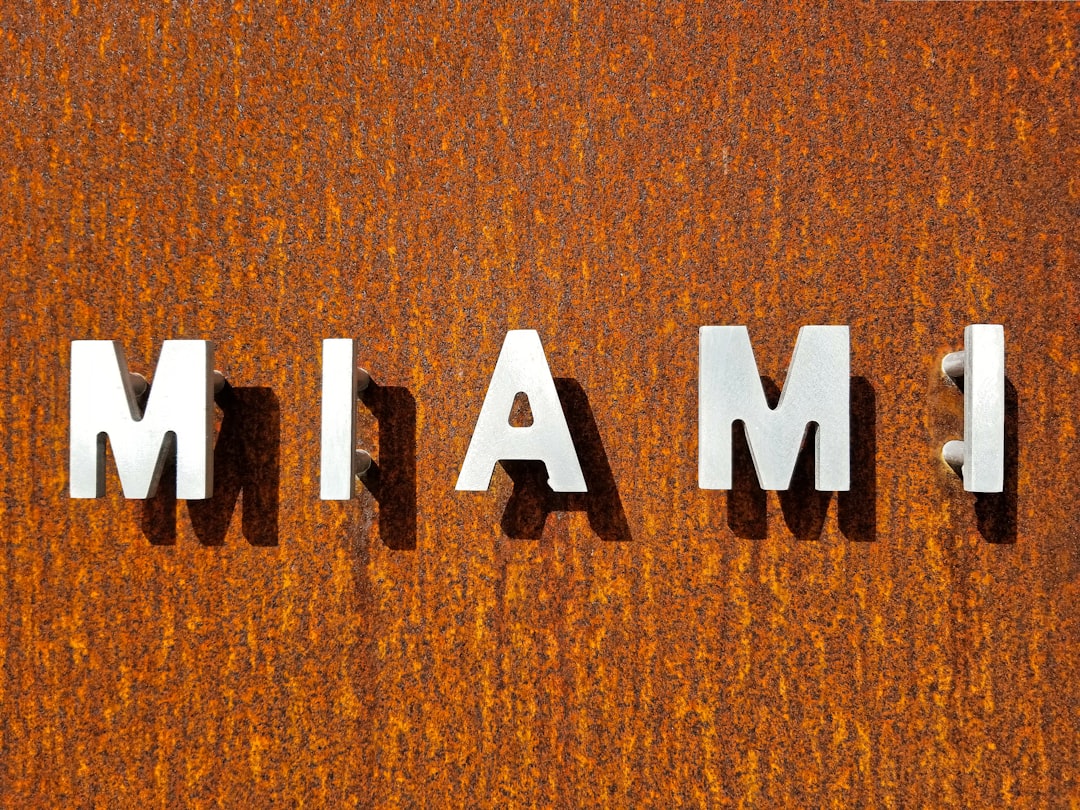Messi, Miami, and the New Order of Global Football
The upcoming Club World Cup clash between Inter Miami—powered by Lionel Messi—and French giants Paris Saint-Germain isn’t just a mouthwatering football headline. It’s evidence of football’s shifting balance of power and an emblematic moment revealing the game’s new realities: commercial ambition, globalization, and the evolving meaning of sporting prestige.
Redefining the Club World Cup Landscape
For decades, the Club World Cup struggled for relevance outside South America and Europe, often dismissed as a ceremonial clash. But Messi’s move to Miami and the growing visibility of MLS clubs are rapidly reshaping that narrative. This year, Miami vs PSG delivers not only a reunion of Messi with his former club but also a test of what “global” football really means in the 21st century.
Key Players and Context
- Lionel Messi: Arguably the greatest player of all time, now a marketing engine and ambassador for Major League Soccer’s globalization push.
- Inter Miami: Backed by David Beckham, Miami is less a traditional club than a brand and pop culture powerhouse, pushing the limits of what an American club can represent on the world stage.
- Paris Saint-Germain: Qatar-backed, star-laden, and one of the most powerful teams in Europe, eager to prove its dominance after losing its own global talisman.
- Atletico Madrid: Their early knock-out is a warning that established European powers can no longer assume superiority—a new world order is emerging.
| Perspective | Pros | Cons |
|---|---|---|
| Globalization of football | Expands fan base, boosts revenues, new styles emerge | Risks diluting tradition and sporting values |
| Rise of Inter Miami & MLS | Increases US interest and investment in football | May rely excessively on aging European stars |
| PSG’s position | Chance to cement status post-Messi | Faces greater expectation, scrutiny, and pressure |
From Tradition to Disruption
The central dilemma: Will this era of transatlantic football superclubs enrich the game or commercialize it to the point of soullessness? For fans, Miami-PSG is a spectacle—a show of celebrity, wealth, and global reach. But for purists, there’s nostalgia for days when the Club World Cup meant riverbank derbies, local heroes, or David-vs-Goliath upsets.
Yet, nothing illustrates football’s broadening horizons better than Messi facing PSG in the colors of a club from America’s sun-drenched coasts. The match will ignite cross-continental debates and turbocharge the Club World Cup’s profile, proving that sporting dreams, like the game itself, increasingly recognize no boundaries.
“This isn’t just about football. It’s about how sport, commerce, and identity now intersect across continents as powerfully as any goal on the pitch.”
The Broader Impacts
- Societal: Miami’s rise exemplifies the blending of American entertainment culture with global football traditions, inspiring a new generation of fans and players.
- Business: Corporate sponsorship and streaming rights are expanding rapidly, with the U.S. positioned as football’s next growth market.
- Sporting merit: While some lament the loss of “soul,” others praise the heightened competition and diversity, arguing that these changes make the game richer and more inclusive.
Notable, Surprising Developments
- MLS is no longer a retirement league—its clubs are challenging historical heavyweights.
- European clubs can no longer afford complacency. Atletico Madrid’s exit is a reminder: reputation alone guarantees nothing.
- Messi’s presence is a marketing boon, but also a competitive litmus test: can MLS teams perform at a top global level when it counts?
Ultimately, the Miami-PSG fixture encapsulates the thrilling uncertainty—and promise—of football’s rapidly changing world, inviting fans to reconsider what truly matters in the beautiful game.
This article was inspired by the headline:
'Messi’s Miami to play PSG at Club World Cup last 16; Atletico knocked out - Al Jazeera'.

Comments
No comments yet. Be the first to comment!